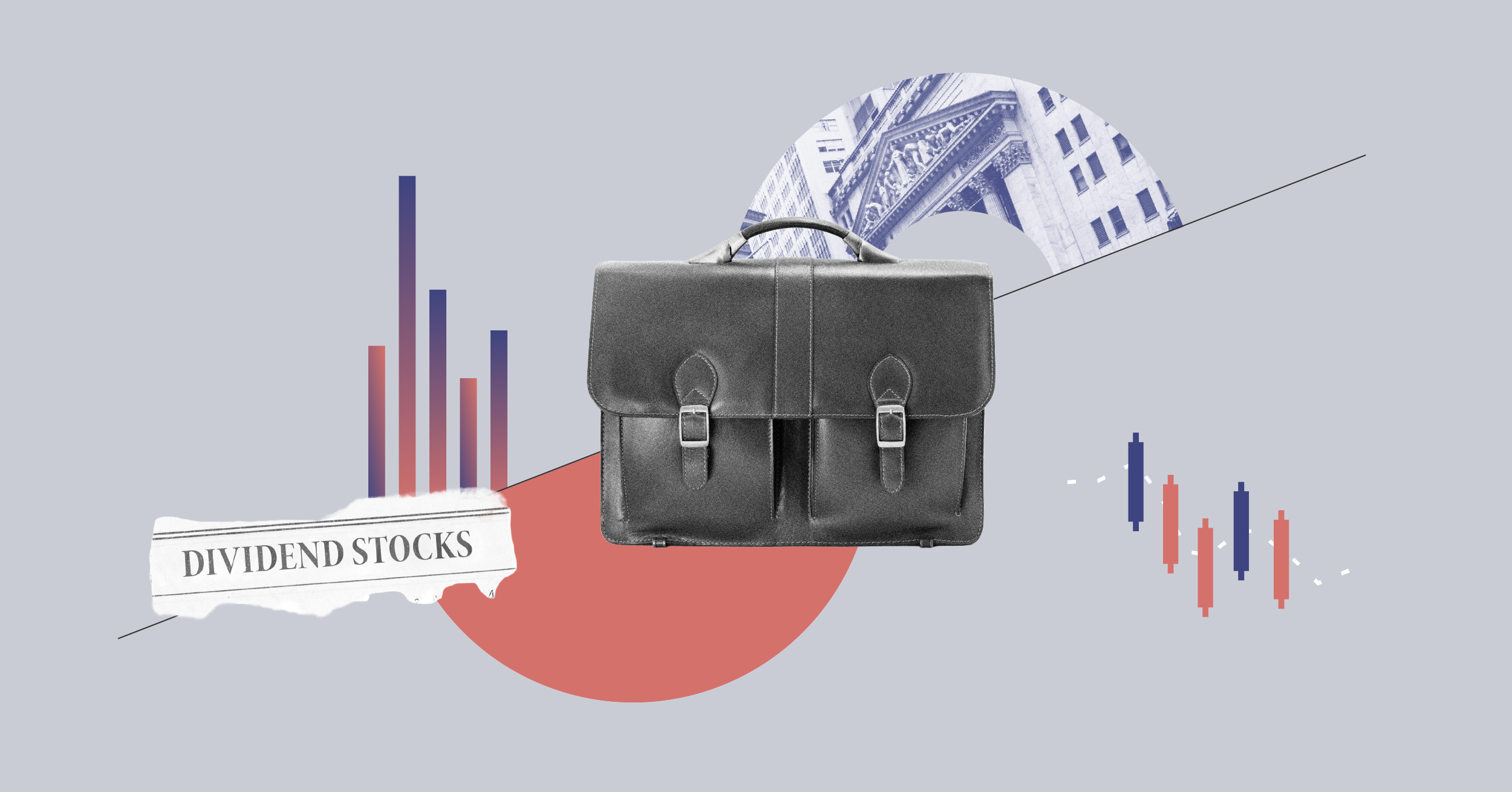Investor focus in the fourth quarter centred on the U.S. presidential election and did not shift once Donald Trump claimed victory. Markets had priced in a Hillary Clinton win, but closed the year with a rally as many investors sense that Republican control and deregulation will increase corporate earnings. The Morningstar US Market Index closed the quarter up 4%, increasing its yearly gain to 12.4%. Rising consumer confidence levels mixed with forecast tax cuts led many stocks to trade higher and boosted various sectors over the past three months.
The U.S. Federal Reserve made the highly-anticipated move and raised interest rates a quarter point in mid-December. Markets reacted with relatively little movement to the news, but individual Fed governor forecasts suggested the possibility of three rate increases in 2017.
Previous forecasts hinted at two increases, so the change slightly shifted sentiment and reduced momentum in the markets. However, downward movement was only gradual, and investors are searching for catalysts as the positive impacts of potential stimulative polices from Trump’s team have largely been priced into securities.
Furthermore, economic data continue to sputter and show few signs of a flourishing environment in the near future. While optimism tends to rise at the end of year and forecasters see signs that point to improved economic situations, GDP growth for the United States in 2016 is expected to be approximately 1.6%. Consensus forecast for 2017 has the growth rate rising to 2.4%, but our forecast remains under 2.0%; we believe many are too optimistic regarding the obstacles that lie ahead.
Declining population growth mixed with an aging population should hinder growth and leave output numbers in a less-than-desirable range. Over the past few years, consumer spending has been the driving force behind the GDP calculation. In 2016, energy prices did not continue the downward trend and consumer spending was negatively affected.
Lower disposable income due to higher inflation could further reduce spending and require other areas of investment to increase for GDP numbers to reach consensus expectations. Corporate tax reductions may increase business investment, but few signs point to an immediate shift, as many believe new proposals will take time to implement.





























